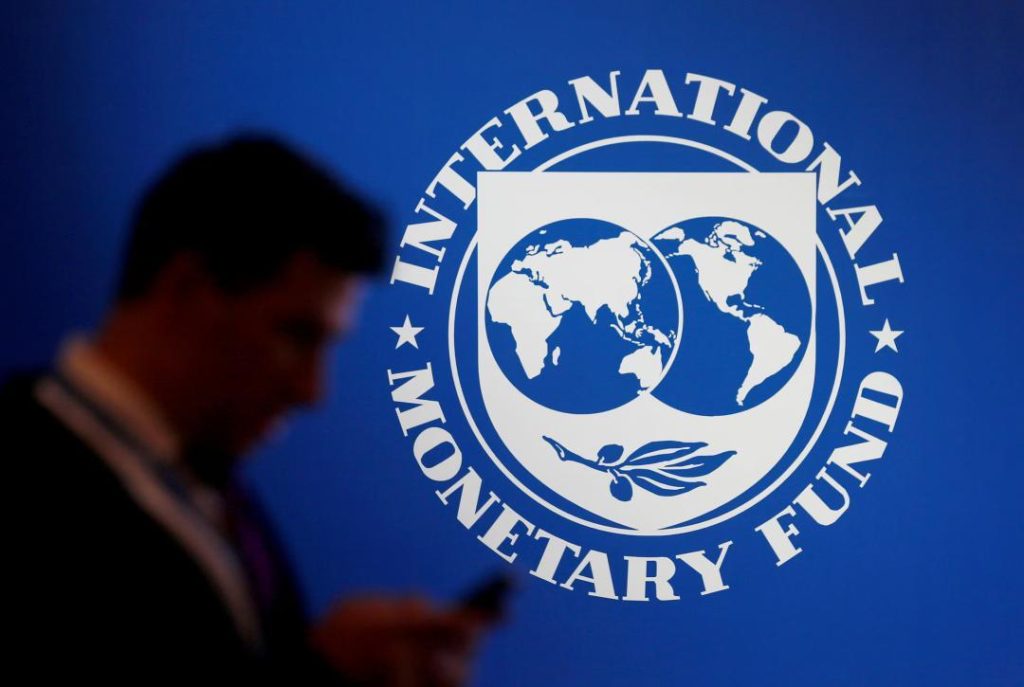
How does IMF approve loans as India abstained from voting on $2.4-bn funding for Pak?
The International Monetary Fund (IMF) is a key global institution that provides financial assistance to countries facing economic challenges. The IMF’s Executive Board, comprising 25 directors representing countries or groups of countries, plays a crucial role in approving loans to member countries. In recent news, India abstained from voting on a $2.4 billion funding package for Pakistan, sparking interest in the loan approval process. In this blog post, we will delve into the IMF’s loan approval process and explore the significance of India’s abstention.
How does IMF approve loans?
The IMF’s loan approval process involves several steps. The first step is the identification of the country’s economic needs, which is done through a thorough assessment of the country’s economic situation. This assessment is carried out by the IMF’s staff and takes into account various factors such as the country’s fiscal position, monetary policy, and external sector.
Once the country’s economic needs are identified, the IMF’s Executive Board reviews the proposal and decides whether to approve the loan. The Executive Board consists of 25 directors, with each director representing a country or a group of countries. The directors are chosen for their expertise and experience in international finance and economics.
The IMF’s loan approval process is based on a consensus-based decision-making model. This means that the directors must reach a consensus on the loan proposal before it is approved. If a director opposes the loan proposal, the IMF’s staff will work with the director to address their concerns and find a mutually acceptable solution.
Why does India abstain from voting?
India’s decision to abstain from voting on the $2.4 billion funding package for Pakistan has raised several questions. Why did India choose to abstain from voting, and what are the implications of this decision?
According to reports, India abstained from voting on the loan package because of Pakistan’s continued support for terrorism and its poor human rights record. India has long been critical of Pakistan’s handling of terrorism and its lack of cooperation with India on counter-terrorism efforts.
India’s abstention from voting is significant because it sends a strong message to Pakistan about the need for improvement in its behavior. By abstaining from voting, India is able to express its disapproval of Pakistan’s actions without directly opposing the loan package.
What are the implications of India’s abstention?
India’s decision to abstain from voting on the loan package for Pakistan has several implications. First, it sends a strong message to Pakistan about the need for improvement in its behavior. By abstaining from voting, India is able to express its disapproval of Pakistan’s actions without directly opposing the loan package.
Second, India’s abstention may affect the overall credibility of the IMF’s loan approval process. The IMF’s loan approval process is based on a consensus-based decision-making model, which requires all directors to agree on the loan proposal. India’s abstention from voting may raise questions about the effectiveness of this model and whether it is able to address the concerns of all member countries.
Third, India’s abstention may have implications for its relationship with the IMF. The IMF is a key global institution that provides financial assistance to countries facing economic challenges. India’s abstention from voting on the loan package for Pakistan may raise questions about its willingness to work with the IMF and its commitment to the institution’s goals.
Conclusion
In conclusion, the IMF’s loan approval process is a complex and nuanced process that involves several steps and stakeholders. India’s decision to abstain from voting on the $2.4 billion funding package for Pakistan is significant because it sends a strong message to Pakistan about the need for improvement in its behavior. By abstaining from voting, India is able to express its disapproval of Pakistan’s actions without directly opposing the loan package.
The IMF’s loan approval process is based on a consensus-based decision-making model, which requires all directors to agree on the loan proposal. India’s abstention from voting may raise questions about the effectiveness of this model and whether it is able to address the concerns of all member countries.
Overall, India’s decision to abstain from voting on the loan package for Pakistan highlights the complexities and challenges of the IMF’s loan approval process. As the IMF continues to play a key role in global economic governance, it is essential to understand the intricacies of its loan approval process and the implications of its decisions for member countries.
Source:






